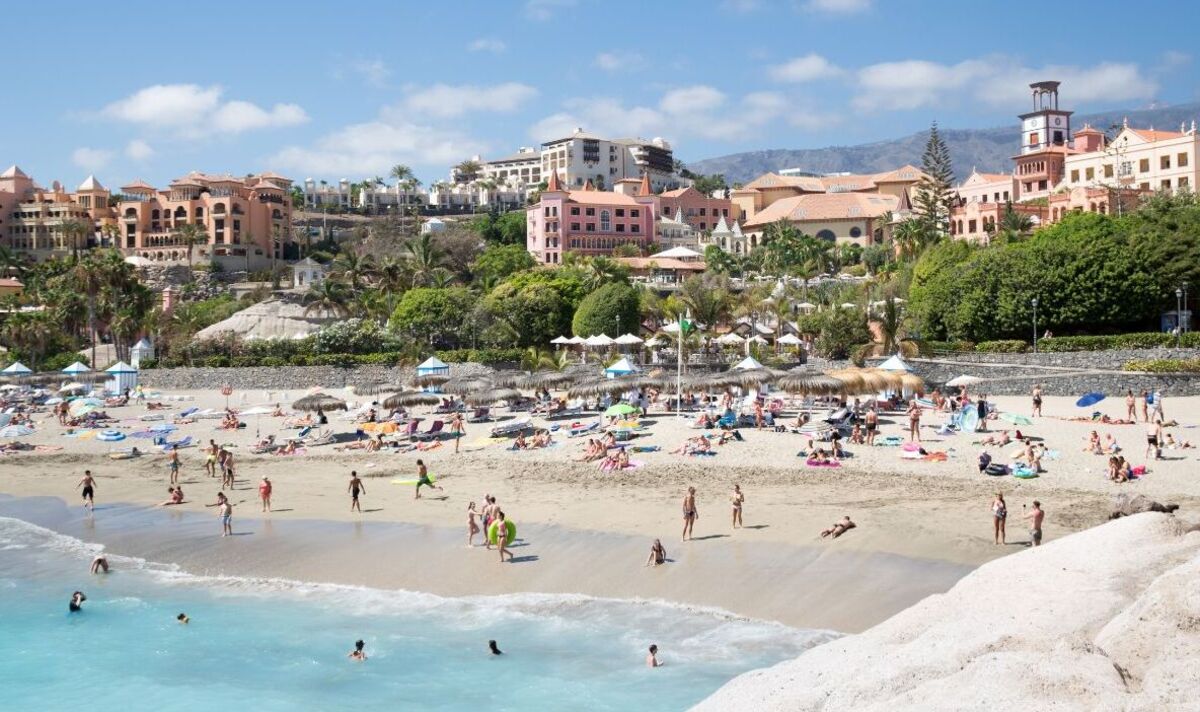
The Canary Islands have observed a new trend in holiday patterns that could potentially impact the local economy. In 2023, accommodations in the archipelago saw a significant increase in revenue, with a growth of 25.3 percent compared to the data from 2019, as reported by the Accommodation Survey Tourism conducted by the Canarian Institute of Statistics (Istac).
The data, encompassing both hotels and non-hotel establishments hosting visitors, reveals that 13.8 million travelers chose to stay on one of the islands within the archipelago last year, marking a 3.1 percent rise from pre-pandemic numbers.
Despite indicating the enduring popularity of the Canary Islands among tourists, an analysis by the Observatory of Tourism Competitiveness and Sustainability of Ashotel highlighted a 2.3 percent decrease in overnight stays, declining from 97.9 million in 2019 to 95.7 million in 2023.
Juan Pablo González, the manager of Ashotel, acknowledged the remarkable performance of the tourism sectors in the Canary Islands in the past year. However, he pointed out a concerning decline in the average duration of stays.
González remarked, “[2023] has concluded with indisputable statistics in the tourism sector. Although there is growth in both visitor numbers and revenue, the average length of stays has not yet reached the levels of 2019, primarily due to the reduction in average stays.”
He further emphasized a noticeable trend towards shorter vacation periods, impacting the overall average length of stays.
Moreover, González highlighted the significance of considering inflation when evaluating revenue growth, indicating that the percentage increases may not be as substantial when adjusted for inflation.
The Canary Islands heavily rely on tourism, with the sector contributing to 33 percent of the total GDP and 36 percent of employment in 2022, according to the OECD.
Efforts to maintain competitiveness and support the tourism industry are ongoing in the islands. Recently, the Canary Island Federation expressed opposition to the Spanish central government’s decision to implement a 4.09 percent increase in airport taxes, citing concerns about its potential adverse effects on tourism.
Simultaneously, the challenges of accommodating a large number of holidaymakers, including a significant influx of British tourists, are straining the resources of the Spanish territory, as noted by urban planning experts.
Eugenio Reyes, a spokesperson for the organization Ben Magec-Ecologists in Action, warned of a critical situation in the territory, stating, “The Canary Islands have been severely overexploited, exceeding the sustainable capacity of the land by sevenfold, leading to a scenario of imminent collapse due to the urban development pressures.”
Advocates for safeguarding the Canary Islands are pushing for sustainable tourism practices that prioritize the well-being of local residents over the interests of tourists.
